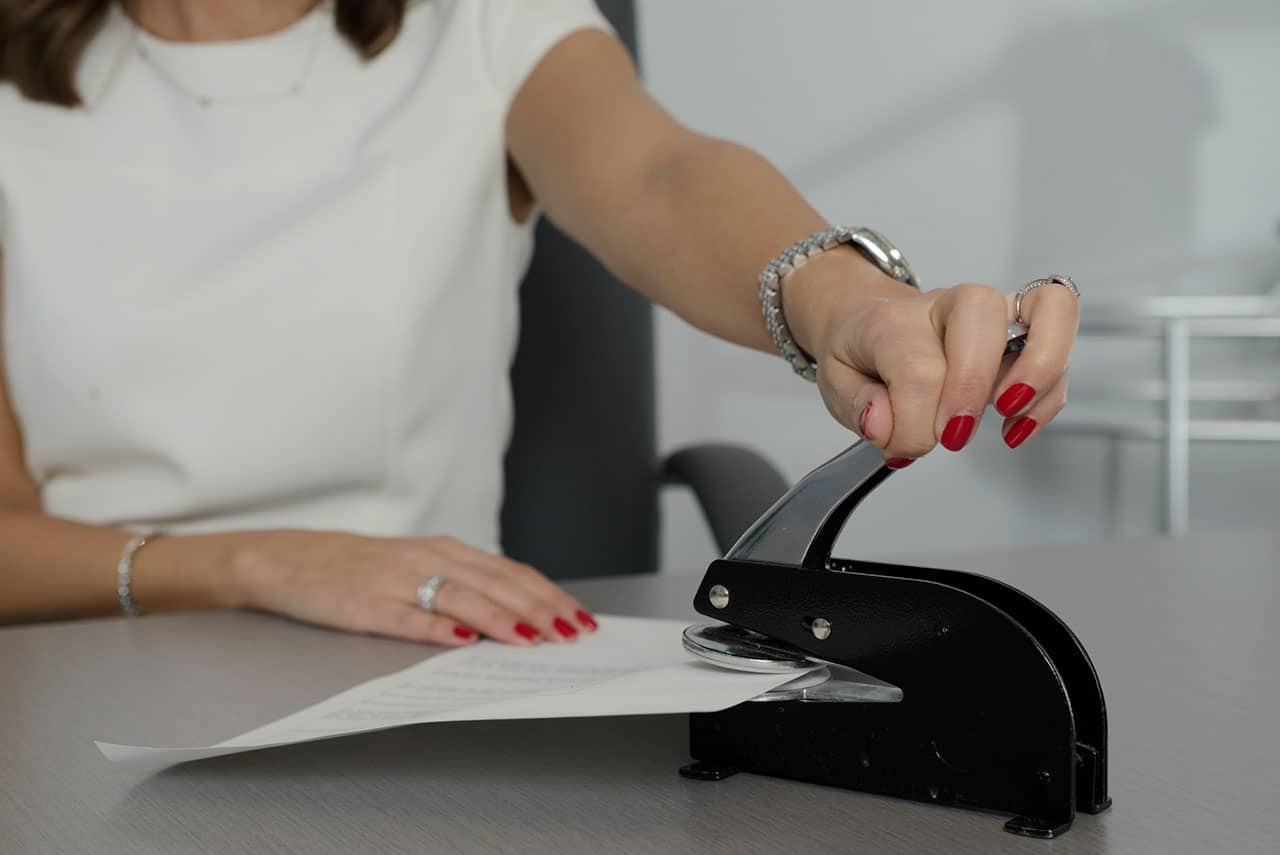
A few things that you might not know about the unusual status of Louisiana Notaries:
Louisiana’s Legal Foundation is based on civil law, not the common law system used in the rest of the U.S. This stems from its colonial history under France (1682–1763) and Spain (1763–1800)—both of which followed Roman-derived civil law systems. Civil law notaries in these systems are highly trained legal professionals, NOT mere document witnesses.
After the Louisiana Purchase (1803), Louisiana retained much of its civil law heritage. In 1808, Louisiana adopted the Digest of the Civil Laws, influenced by the Napoleonic Code, solidifying the civil law framework. Notaries in Louisiana continued to act as legal authorities—drafting contracts, wills, real estate transactions, and authenticating legal acts.
In most U.S. states, notaries public are primarily ministerial officers—witnesses to signatures. In contrast, Louisiana Civil Law Notaries are quasi-legal professionals with powers similar to attorneys in fact in many respects:
They draft and execute legally binding documents. Their notarial acts are self-proving—they do not require court authentication. They retain legal records and act as impartial drafters.
Louisiana’s Civil Law Notaries must: Be U.S. citizens and residents of Louisiana; Pass a rigorous state examination administered by the Secretary of State; Have a comprehensive knowledge of civil law, contracts, and legal procedure; No formal law degree is required, but the level of legal training is significant.
Civil Law Notaries continue to serve individuals, families, and businesses in legal matters. They are authorized to perform many of the same functions as attorneys, especially in non-contentious matters. Louisiana is the only U.S. state with this type of notarial system. There have been efforts by organizations like the National Notary Association and ULC (Uniform Law Commission) to consider expanding similar roles to other states, but none have adopted Louisiana’s full model.
The Civil Law Notary in Louisiana is a direct descendant of French and Spanish legal traditions, preserving a unique role in the U.S. legal system. They are more than signature verifiers—they are legal professionals with drafting authority, whose acts have full legal force and effect without further court authentication.
